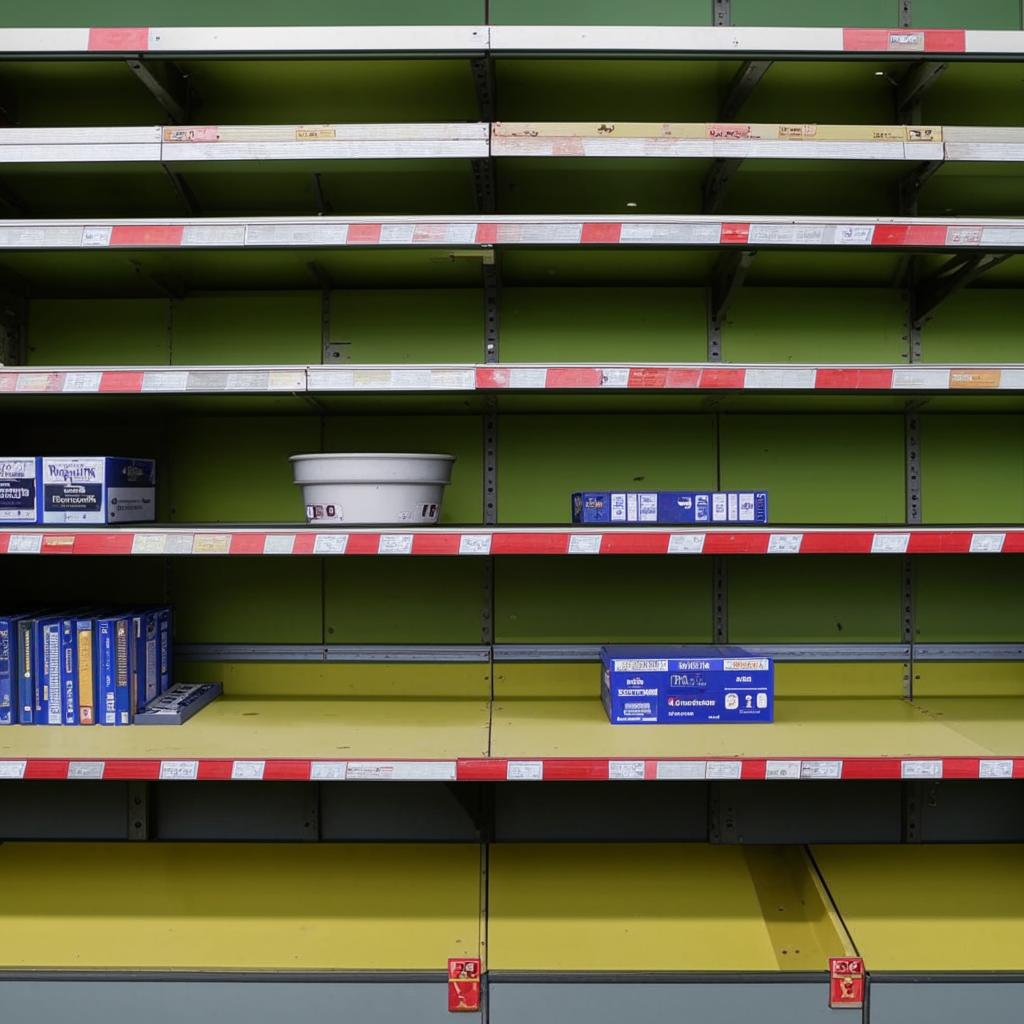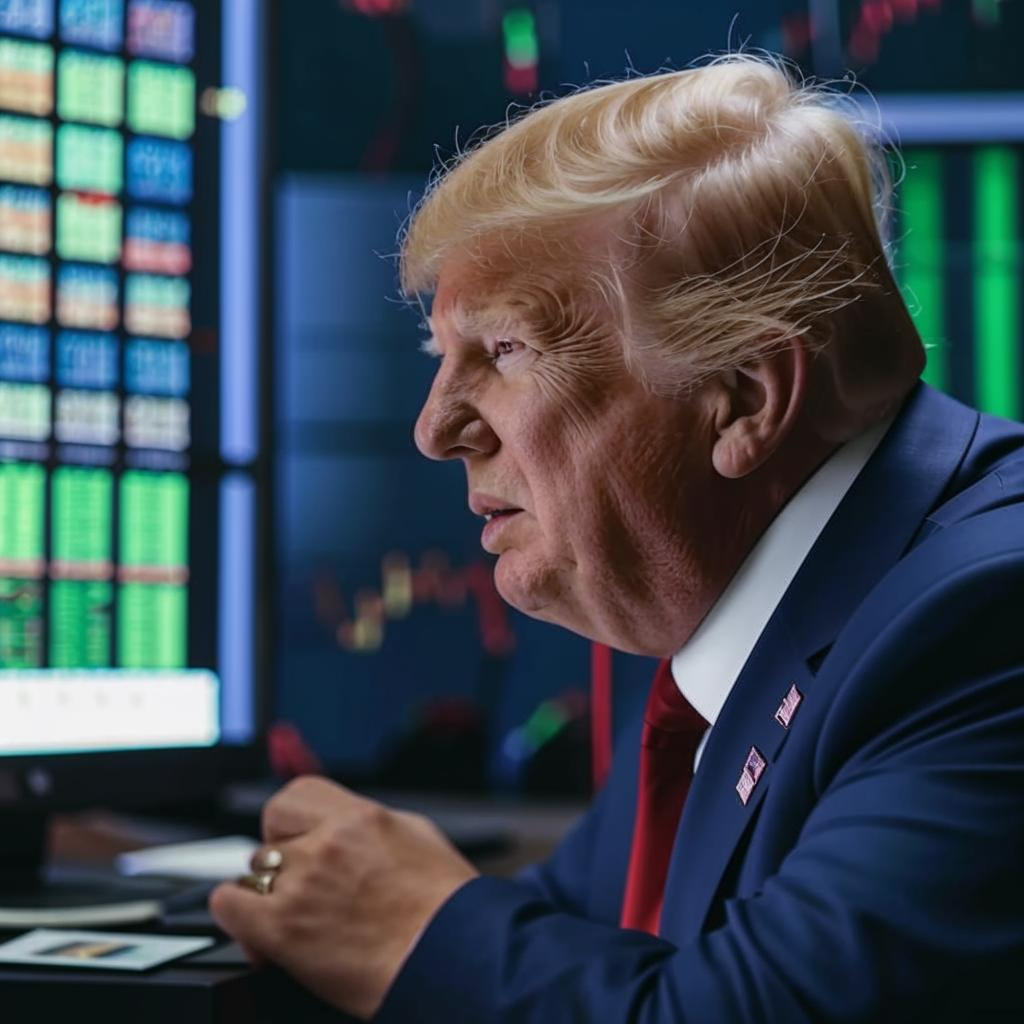Donald Trump inherited a relatively healthy U.S. economy. Unemployment was low, and growth was steady. However, early in his presidency, Trump initiated a series of tariffs, primarily targeting goods from China, but also impacting allies. The rationale was to protect American jobs and reduce the trade deficit.
The immediate effect was a disruption to supply chains. American businesses that relied on imported materials faced higher costs, which were often passed on to consumers in the form of increased prices. Some companies struggled to remain competitive, particularly those that exported goods and faced retaliatory tariffs from other countries.
While some domestic industries, like steel, saw a short-term boost, the overall impact on the U.S. economy was negative. Studies by economists and organizations like the IMF suggested that the tariffs reduced economic growth and increased inflation. Farmers, in particular, were hard hit as exports of agricultural products plummeted due to retaliatory tariffs. The Trump administration provided billions of dollars in aid to farmers to offset their losses, but this was seen as a temporary fix rather than a sustainable solution.
The trade war also created uncertainty for businesses, making it difficult for them to plan and invest. While the long-term effects are still being debated, many economists agree that the tariffs hindered the initial economic momentum Trump inherited. The narrative of a simple, positive impact from the tariffs is far from the complex reality.











